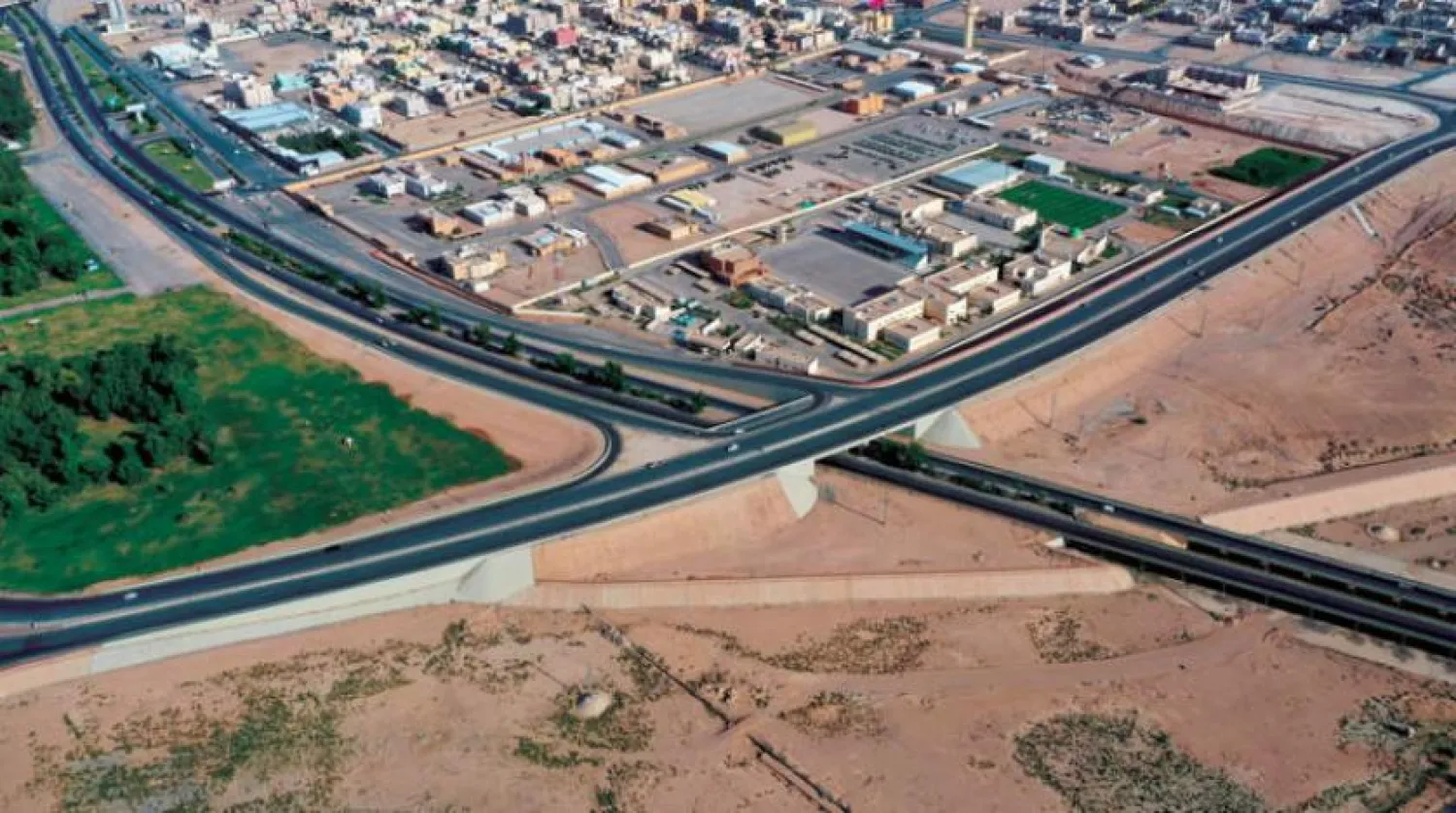Saudi Arabia continued exerting efforts to attract investments and expand the local development project, announcing the establishment of two independent bodies to promote investment and another for roads.
The Saudi cabinet approved the establishment of the Saudi Investment Promotion Authority (SIPA) to achieve cooperation among various parties and support all business and services related to investment marketing. It will also manage the unified national identity to market investments and attract them to the Kingdom.
The cabinet also issued a decision to establish the Public Authority for Roads.
Experts stressed to Asharq Al-Awsat the importance of establishing the new authority to focus on marketing investment, accelerating businesses, and attracting capital following the state's plans to reflect positively on the national economy.
They believe the authority will achieve the National Investment Strategy (NIS) objectives laid out by Crown Prince Mohammed bin Salman.
Supporting the System
Investment Minister Khalid al-Falih said that SIPA "will be a strong supporter of the investment system in its quest to achieve the objectives of the National Investment Strategy by attracting and developing national and foreign investments."
The minister continued that the cabinet's decision would enhance all activities and services related to investment promotion and further boost partnerships between local and foreign investors.
"The establishment of SIPA would also bring about an integrated approach to investment between government agencies," he said.
The minister noted that the launch of SIPA is made possible by the Kingdom's first National Investment Strategy, which seeks to unleash the potential of the Kingdom's strong market fundamentals and the breadth and depth of opportunities created by Vision 2030.
Attracting investments
Public policy expert Akram Jadawi explained that the decision to establish the new authority is a step that reflects the Saudi government's excellence in supporting NIS and achieving the goals of Vision 2030.
Jadawi told Asharq Al-Awsat that the decision came to achieve the future vision planned by the state in an important sector of the national economy.
He added that the government attaches great importance to the investment sector in attracting foreign investors and capital to the local market, which will be reflected in the growth and prosperity of the Saudi market.
Modifying the systems
Economist Fahd bin Jumaa told Asharq Al-Awsat that the establishment of SIPA came at a time when the country was experiencing a qualitative leap in all sectors and was modifying many of its systems to motivate foreigners to enter the local market.
Jumaa explained that this move promotes the Kingdom as an attractive destination for international brands.
The expert noted that the Kingdom markets itself and its investments globally to achieve its ambition based on Vision 2030.
The new authority aims to prepare plans and programs related to marketing locally and internationally to enhance the attractiveness of investment in the Kingdom and manage the "Invest Saudi" platform.
It also supports partnerships that achieve development goals between local and foreign investors and encourages the marketing the Kingdom's investments.
Investment Opportunities
The Saudi government's strategy will push investment forward at a higher and faster pace by improving the investment environment and increasing its attractiveness and competitiveness.
It will also implement fundamental corrective measures at the regulatory and legislative framework level, identifying and developing investment opportunities and providing incentives for quality investment projects.
The NIS will also drive investment in the Kingdom by enhancing the business environment, increasing investment attractiveness and competitiveness, instigating key regulatory and legislative measures, and connecting investors with investment opportunities.
It offers incentive packages for selected projects and attracts regional headquarters to the Kingdom, not to mention helping local companies position their products and services successfully in regional and global markets.
The NIS complements the investment strategies of various Vision Realization Programs such as the Public Investment Fund Program (PIF), the National Industrial Development and Logistics Program (NIDLP), the Privatization Program, the Financial Sector Development Program, and the Quality of Life Program.
Capital formation
A comprehensive governance framework will ensure the implementation of the strategy through oversight from a new Supreme National Investment Committee chaired by the Crown Prince that will set and approve incentive packages for best investments and develop investment opportunities.
The strategy includes several initiatives, such as establishing special economic zones with competitive regulations and incentives that attract investments in priority sectors.
It also includes a program to transfer strategic supply chains to Saudi Arabia and acquire a market share in supply chain components; diversifying funding options which include developing new financing solutions for the private sector to promote capital formation, as well as the enhancement of "Invest Saudi" as the national platform for presenting and marketing investment opportunities in Saudi Arabia.
Road network development
The cabinet also approved the Public Authority for Roads to enhance the development of road networks in the Kingdom, raise operational efficiency, and improve quality according to the highest technical specifications.
Minister of transport Saleh al-Jasser stressed that the decision enables the ministry to lead the transport and logistics system and supervise the implementation of the national strategy.
Jasser stated that the authority would work on the sustainability of the country's infrastructure and the provision of highly efficient road networks to achieve Saudi international leadership.
It also aims to place Saudi Arabia in sixth place on the quality of roads index, expand connectivity between cities, and facilitate the movement of individuals and goods according to safe and high standards, which contribute to strengthening the Quality of Life and ambitious goals of the strategy.









